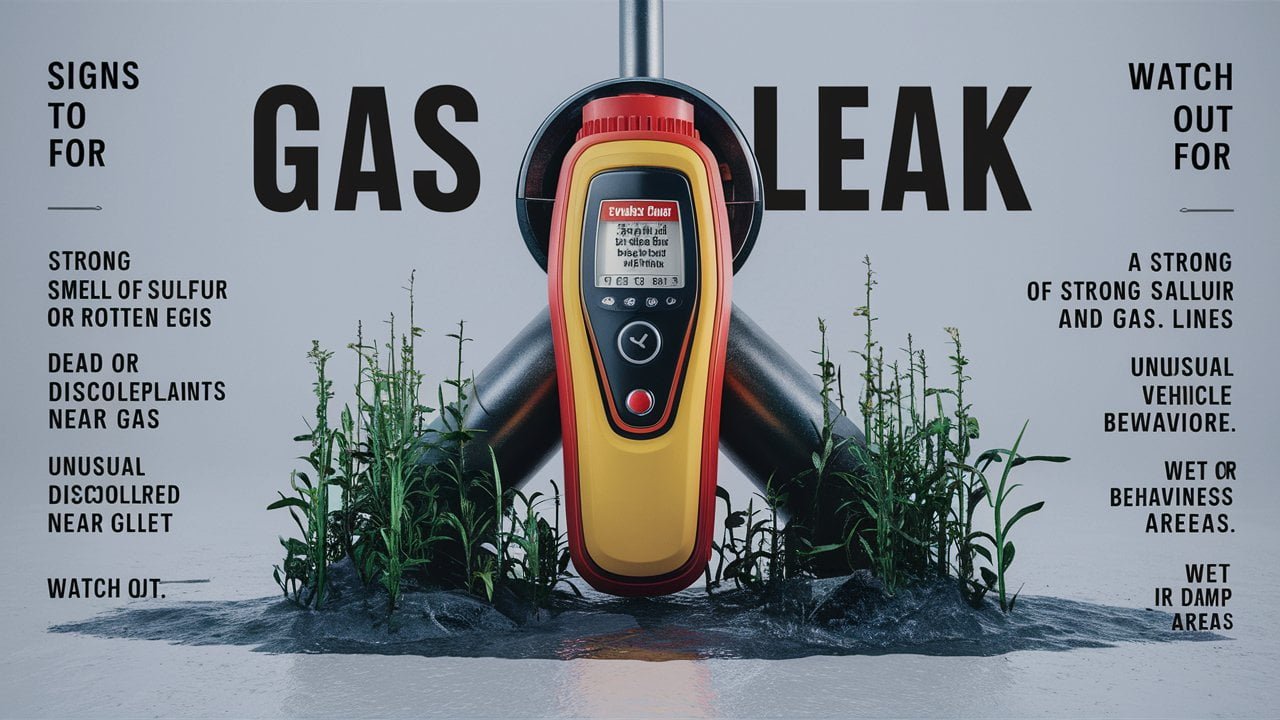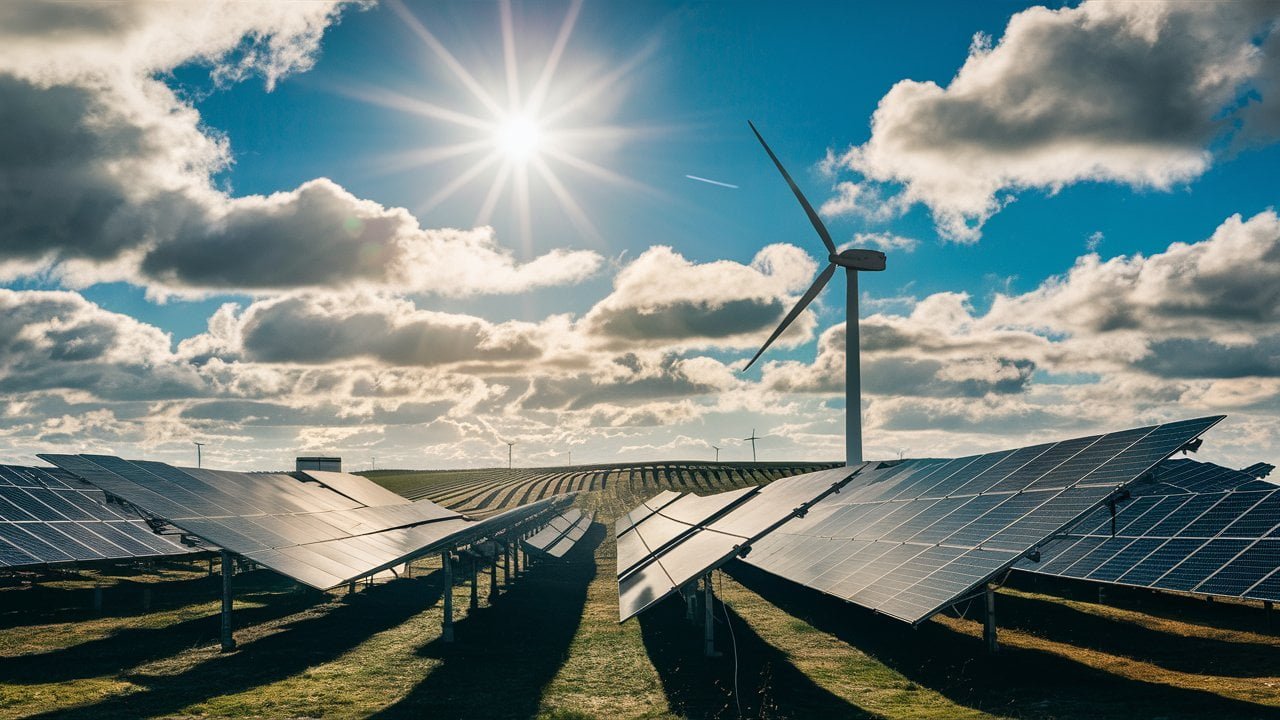Gas Leak Detection: Signs You Should Never Ignore
Gas leaks are a serious safety hazard that can have catastrophic consequences if left unchecked. Natural gas, which is

Gas leaks are a serious safety hazard that can have catastrophic consequences if left unchecked. Natural gas, which is odourless and colourless, can be particularly dangerous as it is difficult to detect without additional measures. However, there are several signs that may indicate a gas leak in your home or business. In this blog, we’ll explore these signs in detail and discuss why they should never be ignored.
Gas Safety Certificate
In London, landlords are legally required to obtain a Gas Landlord Certificate London, also known as a Gas Safety Certificate or CP12, for their rental properties. This certificate verifies that all gas appliances, flues, and fittings within the property are safe and in compliance with gas safety regulations. It is essential for landlords to schedule annual inspections by a Gas Safe registered engineer to obtain this certificate. Failure to comply with this legal requirement can result in severe penalties and put tenants at risk. Ensuring the safety of gas appliances is not only a legal obligation but also a responsibility to provide a safe living environment for tenants.
The Importance of Gas Leak Detection
Gas leaks pose significant risks to both property and life. In addition to the risk of fire and explosion, inhaling natural gas can lead to symptoms such as dizziness, nausea, headaches, and even unconsciousness. Carbon monoxide, a byproduct of incomplete combustion of gas, is also a silent killer, causing hundreds of deaths each year. Prompt detection of gas leaks is essential for preventing accidents and protecting the health and safety of occupants.
Signs of a Gas Leak
Strange Odours
While natural gas itself is odourless, gas companies add a distinctive smell (often described as similar to rotten eggs) to help detect leaks. If you detect an unusual odour in your home, particularly near gas appliances or pipes, it could indicate a gas leak.
Hissing Sounds
A hissing or whistling sound coming from your gas appliances, pipes, or meter may indicate a gas leak. This sound is caused by the gas escaping from a crack or hole in the line. If you hear such a noise, it’s crucial to investigate immediately and take appropriate action.
Dead or Dying Vegetation
Gas leaks can affect vegetation in your yard or near gas lines. If you notice dead or dying plants, particularly in areas where gas lines are buried, it could be a sign of a leak. The chemicals in natural gas can suffocate plants and disrupt their growth.
Physical Symptoms
Exposure to natural gas can cause physical symptoms in humans and animals. If you or your family members experience unexplained symptoms such as dizziness, nausea, fatigue, headaches, or eye and throat irritation, it could be a sign of a gas leak. Pets may also exhibit unusual behaviour or symptoms if exposed to gas.
Increased Gas Bills
A sudden, unexplained increase in your gas bills could indicate a gas leak. Leaking gas is wasted gas, and even small leaks can lead to significant increases in energy consumption and costs. If you notice a spike in your gas bills without a corresponding increase in usage, it’s essential to investigate the cause.
Bubbles in Standing Water
If you notice bubbles rising to the surface of standing water, such as puddles in your yard or basement, it could indicate a gas leak. Natural gas escaping from underground lines can create bubbles as it rises through the water. This is a clear sign that there is a problem with your gas lines that needs immediate attention.
What to Do If You Suspect a Gas Leak
Leave the Area
If you smell gas or suspect a leak, evacuate the premises immediately. Leave doors and windows open as you exit to allow gas to disperse.
Avoid Flames and Sparks
Do not turn on or off any electrical switches, appliances, or lights, as sparks could ignite the gas. Avoid using lighters, matches, or anything that could create a flame or spark.
Shut Off the Gas Supply
If it is safe to do so, turn off the gas supply at the main shut-off valve. This valve is usually located near the gas meter or where the gas line enters the building.
Call Emergency Services
Once you are safely outside, call the National Gas Emergency Helpline on 0800 111 999 or the emergency services. Do not return to the building until it has been declared safe by a qualified professional.
Preventing Gas Leaks
While gas leaks can occur unexpectedly, there are several steps you can take to minimise the risk:
- Schedule regular inspections and maintenance of gas appliances, lines, and fittings by a qualified Gas Safe registered engineer.
- Install carbon monoxide detectors in your home or business to alert you to the presence of this dangerous gas.
- Keep areas around gas appliances and meters well-ventilated and free from clutter.
- Educate yourself and your family members on the signs of a gas leak and what to do in an emergency.
Conclusion
Gas leaks are a serious safety hazard that requires immediate attention. By being aware of the signs of a gas leak and knowing how to respond, you can protect yourself, your loved ones, and your property from the dangers of natural gas. Remember, if you suspect a gas leak, don’t hesitate to take action. Ignoring the signs of a gas leak can have dire consequences, so always err on the side of caution and seek help from a qualified professional. Stay vigilant, stay safe, and don’t ignore the signs of a potential gas leak. For landlords, ensuring the safety of your rental properties is paramount. Partnering with Landlord Certification for comprehensive Landlord Safety Certificates can provide peace of mind and assurance that your properties meet all safety standards and regulations.









